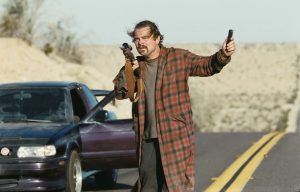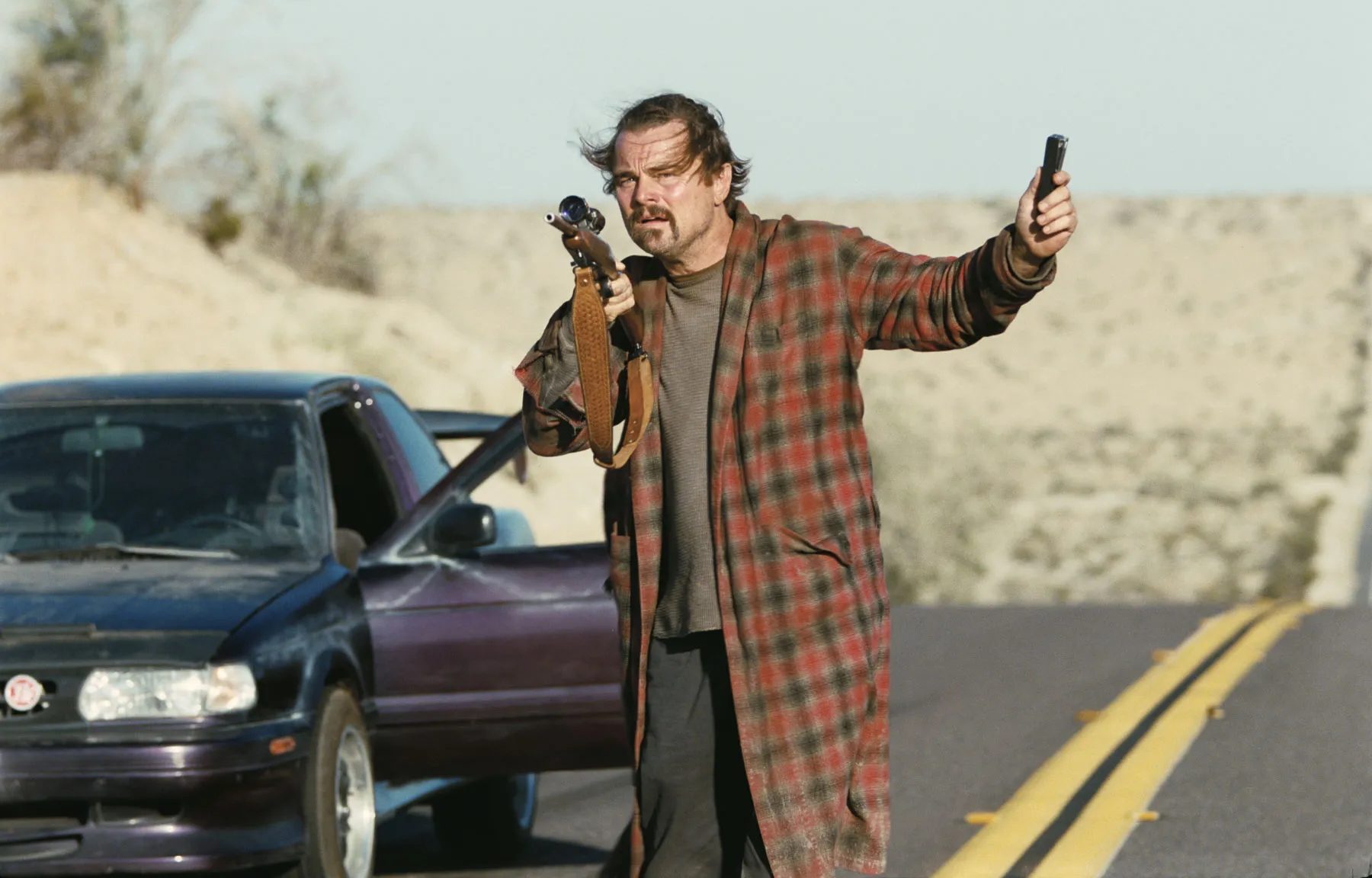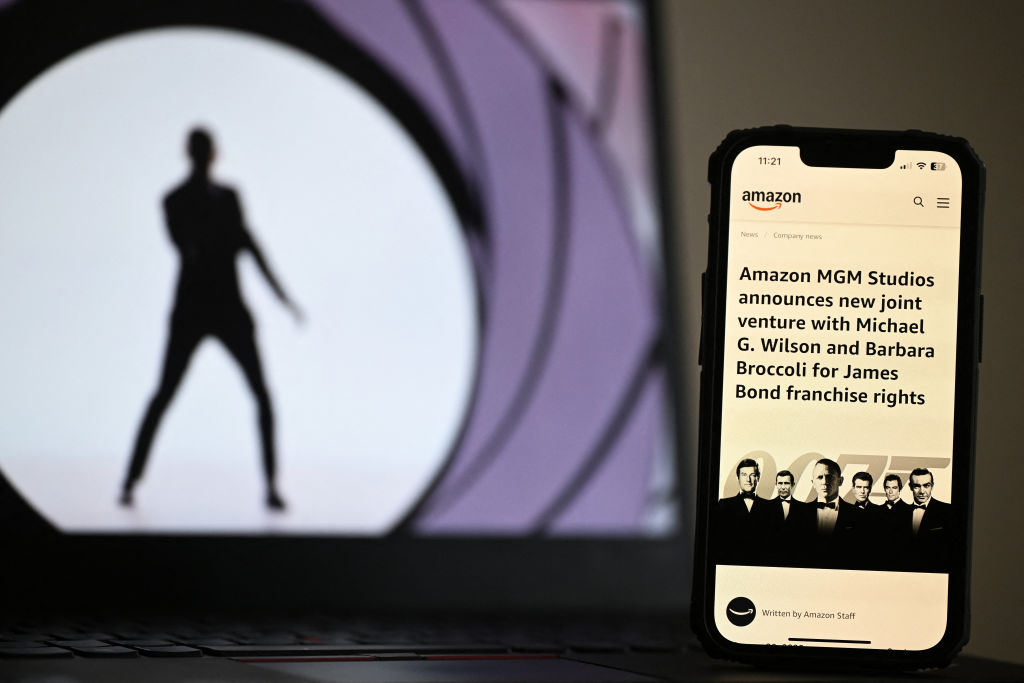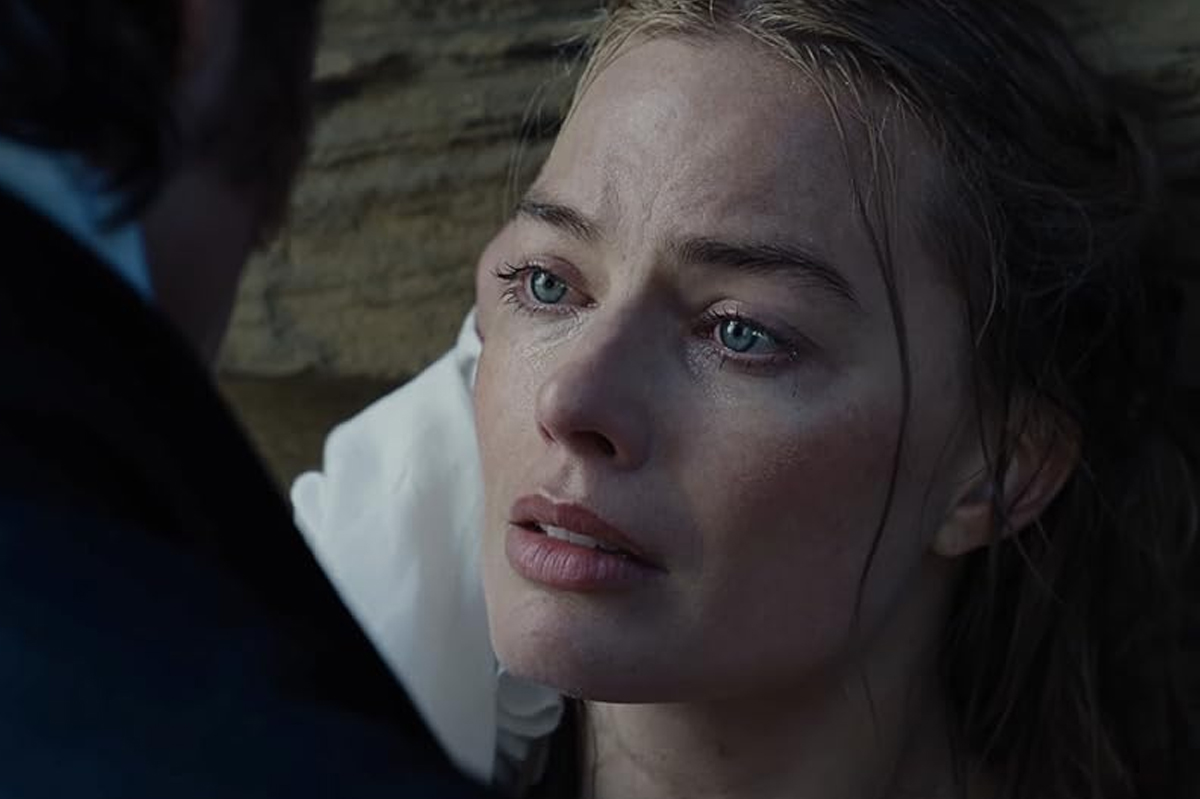When one of your favorite filmmakers dies, it is hard not to feel a deeply personal sense of loss; the punch in the viscera with the knowledge that someone who has created some of the most iconic pieces of cinema from the past half-century will no longer be bringing his inimitable and unforgettable personal voice into film. And so it has been with the dreadful news that the director David Lynch has died today at the age of seventy-eight: not a young age, but when the likes of Ridley Scott and Clint Eastwood are still making major work in their eighties and nineties, it is an enormous shame that he will no longer be a presence in Hollywood.
If, of course, he ever was. It is typical of Lynch’s bloody-minded and weird sensibility that the only bona fide blockbuster he ever directed, 1984’s adaptation of Frank Herbert’s Dune, was such an incoherent mess that it scared Hollywood away from the books for decades. He passed up the opportunity to direct Return of the Jedi because, as he put it, he felt “a little bit of a headache” when George Lucas started to explain the significance of the wookiees to him. Many audiences have felt the same ever since. Lynch’s lawyer informed him “You just lost, I don’t know how many millions of dollars,” and his client’s typically sanguine reaction was “But it’s OK.”
Instead, Lynch concentrated on one of the most distinctive careers in contemporary cinema, with, of course, more than honorable mention for what must be his most popular single creation, the brilliantly atmospheric and endlessly enigmatic television series Twin Peaks, which returned triumphantly for an encore, The Return, in 2017. Many of his films are justly regarded as classics of weird, offbeat cinema — Lost Highway, Blue Velvet, Wild at Heart and Mulholland Dr. are all unforgettably dark and weird, and it is salutary to remember that, when Stanley Kubrick was making The Shining, he screened Lynch’s debut, Eraserhead, to the cast and crew, and sternly told them, “This is how you make a horror film.”
Which of course it was. But Lynch was also a filmmaker, and a man, of enormous heart as well. Only someone who truly deserved the nickname “Jimmy Stewart from Mars” could have directed a film as purely wholesome and charming as 1999’s The Straight Story, a drama about a man traveling across America on a lawnmower, and the film that should probably be regarded as his masterpiece and most enduring achievement, 1980’s The Elephant Man, is one of cinema’s most fascinating culture clashes between the British period costume drama and Lynchian surrealism and weirdness, complete with a heartbreaking performance by John Hurt in the lead as Joseph Merrick and brilliant support from Anthony Hopkins and John Gielgud, among others.
Offscreen, Lynch — who unfathomably but understandably never won an Oscar, despite being nominated for Mulholland Dr. (and losing to, of all people, Ron Howard for A Beautiful Mind) — dabbled in everything from promoting transcendental meditation to music, design and literature. If he was too diffuse in his enthusiasms to be regarded as a true Renaissance man, one of his most likable qualities was that he never approached any of his extracurricular activities with the irritating self-satisfaction that many in Hollywood demonstrated (see stars with their spirits brands), but with an almost gee-whizz sensibility that smacked of endless enthusiasm at all times. Even when his health was declining — he suffered from emphysema — he was still able to look to new projects, talking about directing a film from home and saying, “Well, we don’t know what the future brings, but we remain hopeful.”
He will be much missed, for his films, for his sensibility, for his daily weather reports and for being David Lynch. “Lynchian” is a term used lazily and often inaccurately, but when the obituaries of this great director are written, it should be remembered that we were privileged to live in the same weird world as this strangest and most brilliant of filmmakers, and that we, too, should look at existence in the same off-kilter way that he did. Things will be better if we do.
























Leave a Reply